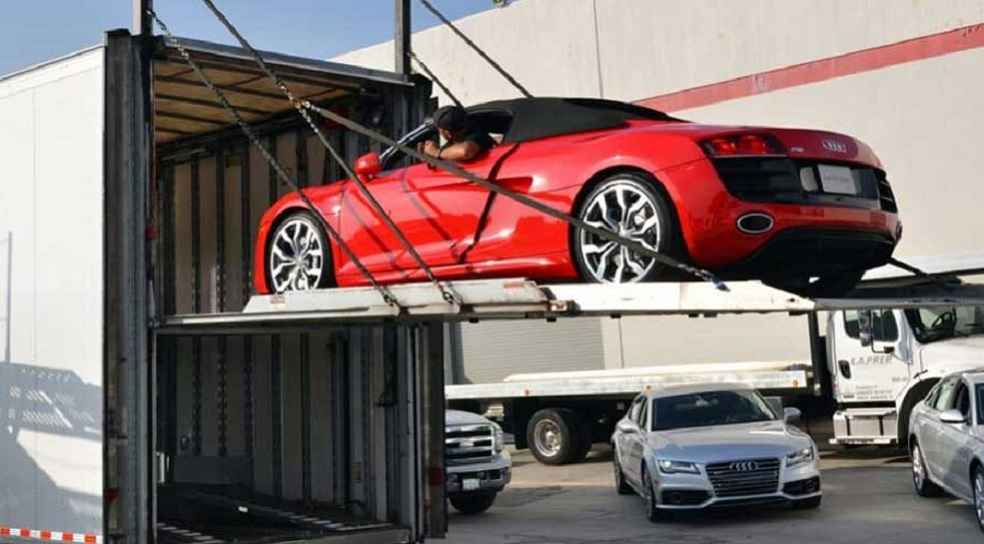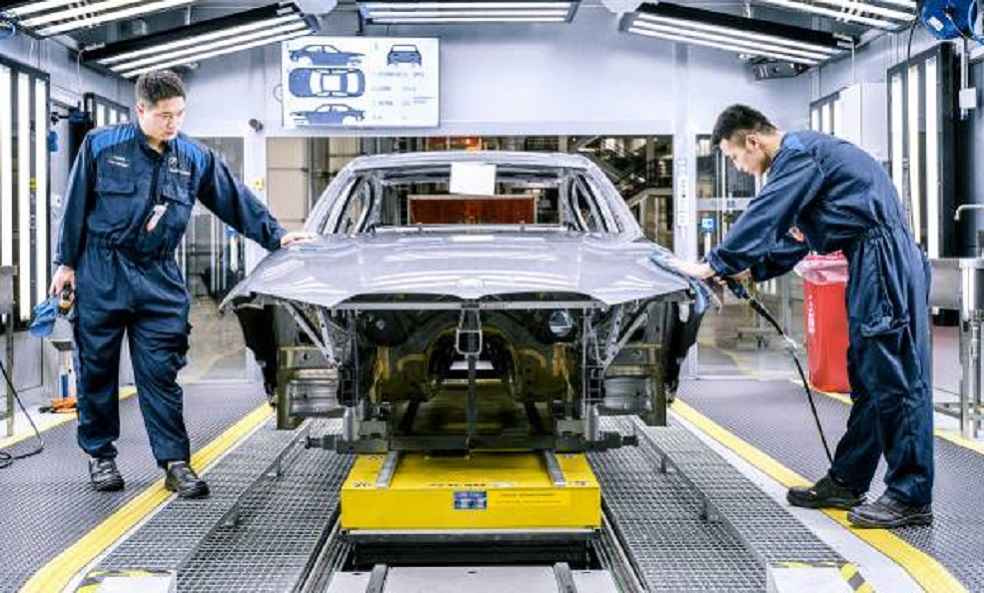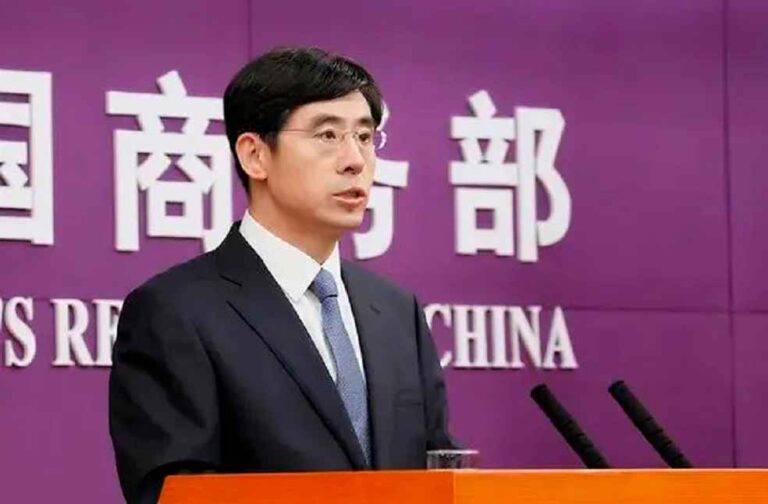Recent declarations from China’s Ministry of Commerce (MOFCOM) spotlight the unintended consequences of US trade protectionism. MOFCOM’s spokesperson, He Yadong, articulated concerns regarding the United States’ recent trend towards economic politicization and the erection of trade barriers, suggesting such actions might detrimentally affect its automotive sector’s long-term prosperity.
This commentary emerges against the backdrop of the Alliance for American Manufacturing’s request to the US government for blocking imports of cost-effective Chinese automobiles and auto parts from Mexico, amidst allegations of unfair competition. Additionally, Reuters highlighted Republican US Senator Josh Hawley’s proposition to escalate tariffs on Chinese vehicle imports, reflecting apprehensions about the competitive edge potentially gained by Chinese automakers over American counterparts.
The US’s approach to trade, characterized by increased tariffs, exclusion of Chinese brands from government procurement, and discriminatory subsidy policies, not only contradicts fair competition and market economy principles but also limits US carmakers’ access to China’s extensive market. This market has historically favored American auto brands, with their sales volume significantly surpassing that of Chinese brands within the US.

He Yadong’s plea to the United States advocates for a reevaluation of its protectionist stance, emphasizing adherence to market economy rules and fair competition principles. While the US introduces barriers for Chinese carmakers, China maintains its openness to global automotive enterprises, suggesting US policies could impair its auto industry’s long-term growth.
Corroborating He’s perspective, Cui Dongshu, secretary-general of the China Passenger Car Association, labeled the protectionist tendencies of the US and European Union as contraventions of the World Trade Organization’s fairness principle. He attributed the vigorous exports of Chinese new-energy vehicles (NEVs) to the international competitiveness of China’s industrial chains, rather than to subsidies, noting the complete phase-out of NEV subsidies by the end of 2022.
China’s vehicle exports experienced a 57.9 percent year-on-year increase to a record 4.91 million in 2023, demonstrating the expanding global presence of Chinese automakers and the international appetite for innovative, high-quality Chinese vehicles. This expansion signifies the potency of China’s innovation capabilities, comprehensive manufacturing systems, and robust supply chains within the automotive realm.

China-US economic and trade cooperation continues as a stabilizing factor in bilateral relations. Chinese Vice Commerce Minister Wang Shouwen emphasized the reciprocal benefits of collaboration, hopeful for sustained partnership fostering economic and trade relations’ steady, healthy development.
As the automotive industry’s global landscape shifts, the dialogue between pivotal nations like the US and China will significantly shape the future of trade, innovation, and competition. The advocacy for a fair, open, and cooperative international marketplace resonates with urgency, navigating the intricate web of global trade dynamics in an era marked by profound interconnectivity.
LATEST NEWS | China-Australia Trade Boost: Eyeing New Heights in CPTPP Bid



